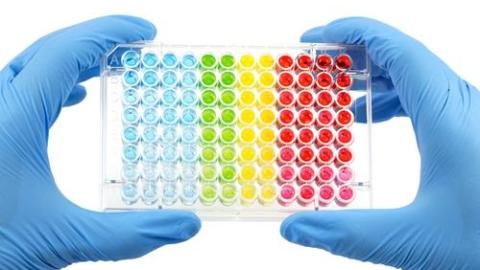Using Stem Cells to Grow New Organs and Test Better Drugs

What’s the Latest Development?
Using a special class of stem-cell known as pluripotent cells, medical technology companies are taking innovative risks. They have hopes of revolutionizing drug testing methods and creating a new field of treatment called regenerative medicine. The British company AstraZeneca, which will buy its pluripotent cells from the Wisconsin-based Cellular Dynamics, plans to use the cells to find molecules that encourage non-pluripotent stem cells to turn into mature tissue. “Such molecules could act as drugs that coax damaged tissue to heal itself.”
What’s the Big Idea?
Another trick made possible by pluripotent cells is to derive them from patients with specific ailments—particularly ailments with a genetic component—and then nudge the induced cells into becoming the type of cell afflicted by that ailment. “George Daley, of Harvard University, is one of the most enthusiastic explorers of these ‘disease in a dish’ models. In 2008 he created stem-cell lines from people with ten different conditions, including Down’s syndrome, juvenile diabetes and Parkinson’s disease.” Such research, while currently in its infancy, could one day bring new drugs to market.
Photo credit: Shutterstock.com





